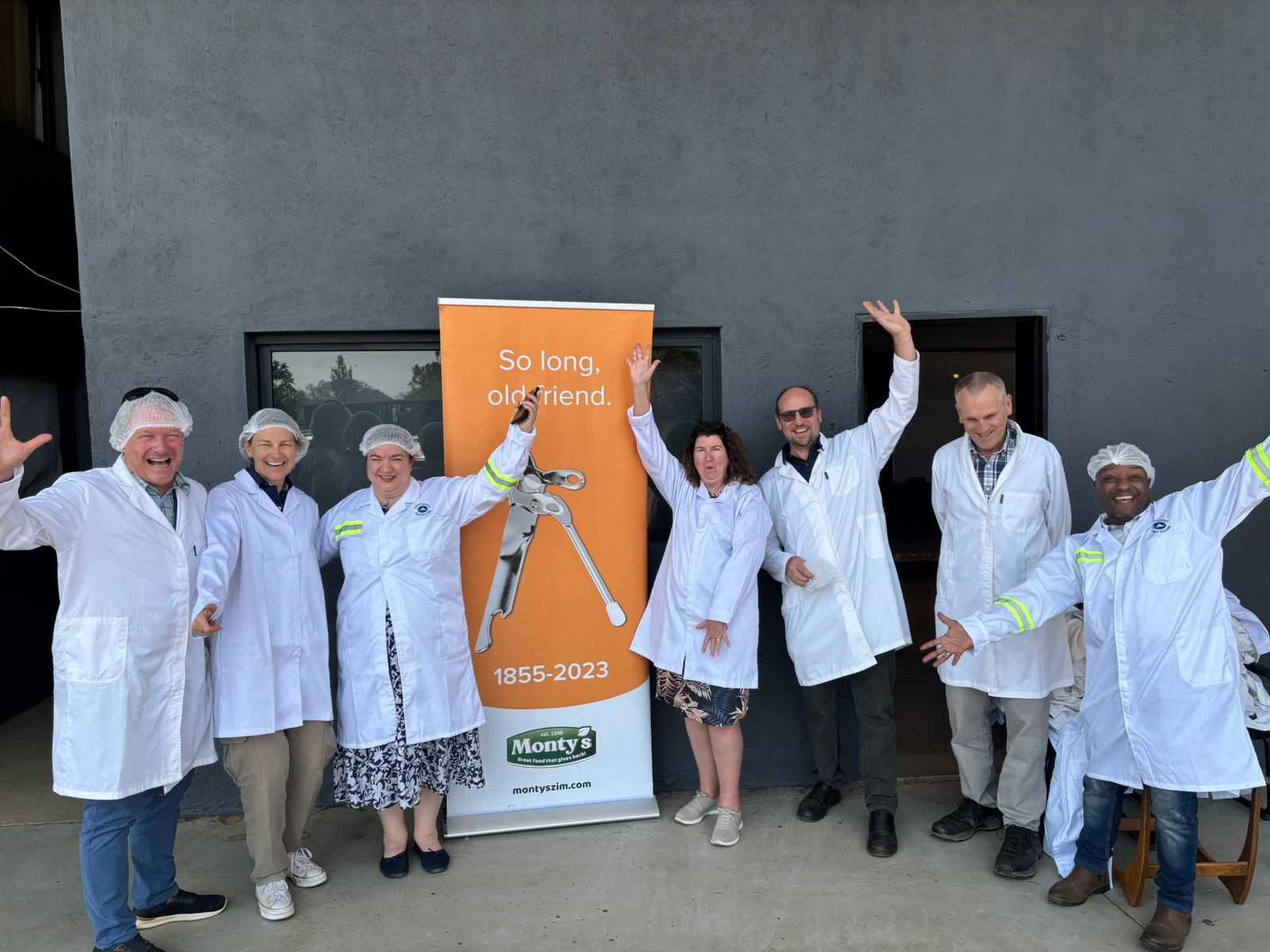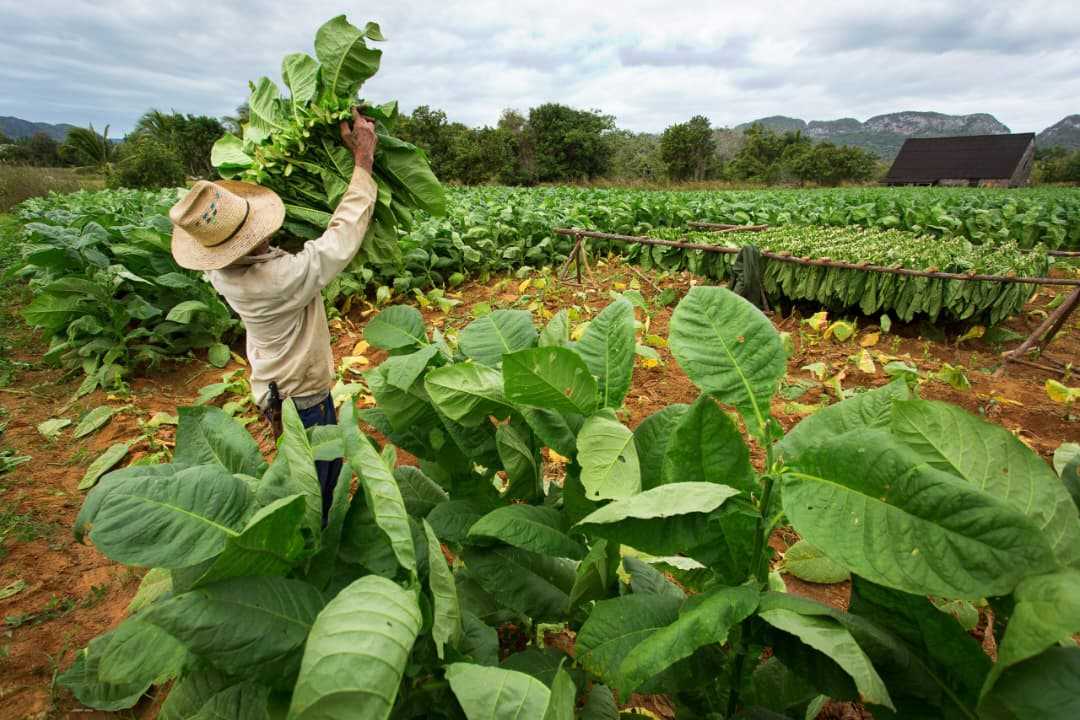
The European Union (EU) is developing a new support programme aimed at strengthening Zimbabwe’s horticultural sector and deepening trade between Harare and European markets. The move builds on rising export opportunities under the EU–Eastern and Southern Africa Economic Partnership Agreement (EPA), which grants Zimbabwe duty-free and quota-free access for a wide range of agricultural products.
According to EU officials, the forthcoming programme will focus on:
- Improving market access, especially compliance with EU standards.
- Enhancing sustainable production practices.
- Supporting smallholder participation in export-oriented value chains.
- Strengthening links between producers and buyers in Europe.
The development comes as EU officials, including Ambassador-Designate Katrin Hagemann, visited Komani Estates last week for a field tour led by the Horticultural Development Council (HDC). The delegation also included the EU Head of Cooperation and the Team Leader for Agriculture, Private Sector and Trade.
During the tour, HDC CEO Linda Nielsen outlined how Zimbabwe’s horticulture industry is expanding, driven in part by innovative models that integrate smallholder farmers into international value chains.
One key highlight was Monty’s (Montgomery Processors) Hub and Spoke Model, which links smallholders to export markets through shared infrastructure, processing services, and value addition. EU officials were shown how the model is helping rural growers meet export standards and tap into higher-value markets.
Related Stories
The delegation also visited Selby Farm, where they witnessed Zimbabwe’s fast-growing blueberry sector. Thanks to the country’s unique production window — stretching from April to October, with most output concentrated between August and October — Zimbabwean berries are increasingly filling seasonal gaps in Europe.
Industry players say this window gives the country a strategic advantage, particularly as global retailers seek reliable off-season suppliers.
Farms like Selby are leveraging the preferential access granted under the EU–ESA EPA, converting trade agreements into real economic gains. Exporters say the benefits are now visible on the ground, from increased production to more employment, especially for women and youth in rural farming communities.
The EU says supporting horticulture aligns with its broader commitment to stimulate private-sector-led growth in Zimbabwe.



















Leave Comments